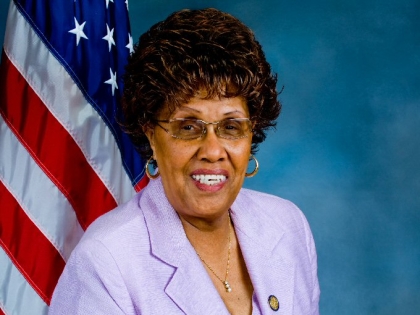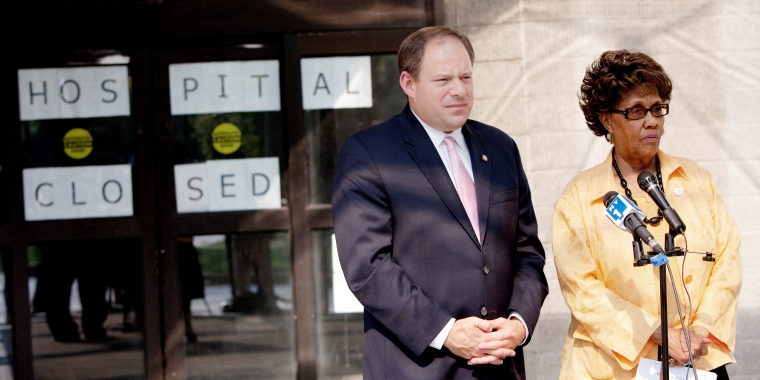
World AIDS Day
Shirley L. Huntley
November 29, 2009
-
ISSUE:
- Health

News From
New York State
Senator Shirley L. Huntley
Chair of Mental Health and Developmental Disabilities
For Immediate Release: November 30, 2009
Contact: Antonio Rodriguez | arodrigu@senate.state.ny.us| (518) 455-3531
SENATOR SHIRLEY L. HUNTLEY RECOGNIZES DECEMBER AS AIDS AWARENESS MONTH AND DECEMBER 1ST AS WORLD AIDS DAY
December 1st is World Aids Day, the beginning of Aids Awareness Month. Senator Shirley L. Huntley (D-Jamaica) says everyone must remember AIDS is still a major health threat, with many cities reporting spikes in new infections.
HIV infection, the virus that causes Aids, is increasing in every part of the world. The Centers for Disease Control estimates that 56,300 new HIV infections occurred in the United States in 2006.
“New York is the center of the HIV/AIDS epidemic in the United States, which is precisely why we must dedicate ourselves to prevention and providing the best treatment services in the nation. HIV infection can be managed when detected early, so it’s important to be tested,” said Senator Huntley. “Everyone has been touched, whether directly or indirectly, by someone living with HIV/AIDS.”
The Basics
HIV stands for human immunodeficiency virus. This virus causes AIDS. Being infected with HIV, however, is not the same as having AIDS. People who have tested positive for HIV have been known to stay healthy for years, even decades, with proper treatment by physicians and family.
AIDS stands for acquired immune deficiency syndrome. In medicine, a syndrome is a group of symptoms that all together indicate the presence of a disease. When a person has AIDS, his or her body has been weakened to the point where it is no longer able to effectively fight disease. As a result, many other health problems develop when a person has AIDS.
High-risk individuals should be tested as soon as possible, and can often do so for free at local health clinics.
You may be at increased risk for infection if you have:
• Injected drugs or steroids, during which equipment (such as needles, syringes, cotton, water) and blood were shared with others
• Had sex, without using condoms, with multiple partners, anonymous partners, or with men who have sex with men
• Exchanged sex for drugs or money
• Been given a diagnosis of, or been treated for, hepatitis, tuberculosis (TB), or a sexually transmitted disease (STD) such as syphilis. Young people are at particular risk for HIV infection, especially ethnic and minority teenagers. African Americans have been disproportionately affected by HIV infection; accounting for 55% of all HIV infections reported among young people aged 13–24.
The United Nations Program on HIV/AIDS reports 33 million people worldwide are living with HIV, including two million children. In 2007 alone, there were 2.7 million new HIV infections and two million Aids related deaths.
To learn more about counseling and testing services available in New York, visit http://www.health.state.ny.us/diseases/aids/index.htm.
World AIDS Day commemorates those no longer with us and those who carry on the fight against AIDS today. More information on World AIDS Day is available at http://www.worldaidsday.org.
Share this Article or Press Release
Newsroom
Go to Newsroom9/24/2010: Press Conference on Hospital Closure Planning Act
September 24, 2010
9/24/2010: Press Conference on Hospital Closure Planning Act
September 24, 2010

Joint Bidding Bill
September 10, 2010
Dignity For All Students Act
September 8, 2010